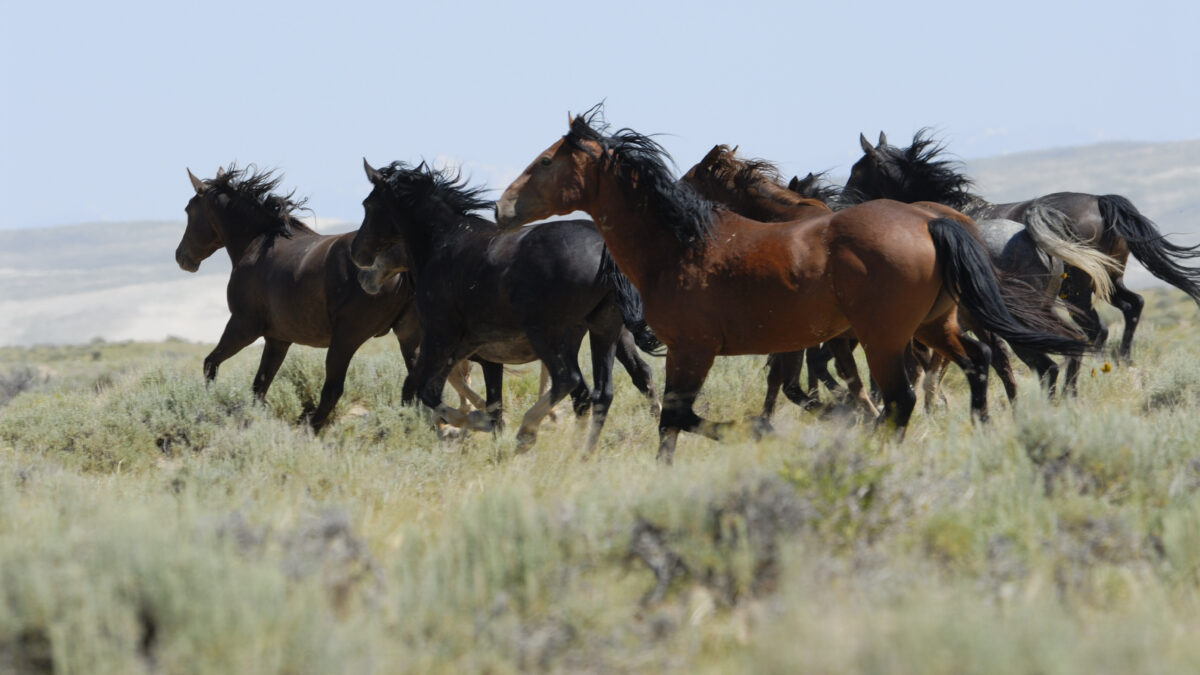Horse Racing Looks for a Winner
Guest Author
Special Contributor to FB.org

photo credit: Getty Images
Guest Author
Special Contributor to FB.org
Download a 60-second audio version of this column at Stewart Focus.
Once a year Thoroughbred racing rises to the very top of the sports world when the Kentucky Derby is run on the first Saturday in May at Churchill Downs in Louisville, Kentucky. For a time, horse racing was the most widely attended spectator sport in America, but it has steadily declined in popularity.
The venerable Jockey Club noted a few years back that Thoroughbred racing was failing to keep up with rising competition from other forms of gambling, sports and entertainment. It was losing the battle for new bettors and new fans and in need of strategies for growth.
"I think the recession hit the industry really hard, and it has taken a long time to recover from that," said Dr. Jill Stowe, director of the University of Kentucky Equine Programs, and an associate professor in the Department of Agricultural Economics. She was a key contributor to a comprehensive study of the Kentucky horse industry.
Horses are Kentucky 's signature industry and the Thoroughbred is its leading breed. The total value of the state 's equine industry with buildings and land is estimated to be about $24 billion. Horses are responsible for creating tens of thousands of jobs and generating $3 billion a year in revenue.
Race tracks are located in more than 30 states across the country. There are breeding farms in many of those states, but more than a third of the foal crop is from Kentucky with Florida, California, New York, Louisiana and Pennsylvania next in line.
A few years ago, Queen Elizabeth II attended the Kentucky Derby. Racing always has attracted royalty, celebrities and the wealthy, but according to Dr. Stowe, most of the people involved in it are normal people who are passionate about horses and care very much about their health and well-being. They include trainers, grooms, veterinarians and farriers to name a few.
"In central Kentucky there is a vast network of farms that are involved with breeding and foaling and training and racing and then retiring, and the whole cycle starts over again," Dr. Stowe said. She doesn 't believe the casual race fan understands all the things that must take place before a racehorse walks onto the track.
The lack of public understanding that is so common with all sectors of agriculture may be starting to change. Dr. Stowe noted the establishment of Horse Country, a nonprofit that is acting as a central clearinghouse for equine tours.
The idea is to focus on farm experiences to help people connect with the sport. In the past, Thoroughbred farms were reluctant to host guests because of the demands of caring for these expensive horses, but they are overcoming their concerns while balancing the needs of a working farm.
Horse racing will need to find a number of ways to grow the sport, but it may be on to something in focusing attention on equine agriculture.
Stewart Truelsen, a food and agriculture freelance writer, is a regular contributor to the Focus on Agriculture series.
Top Issues
VIEW ALL